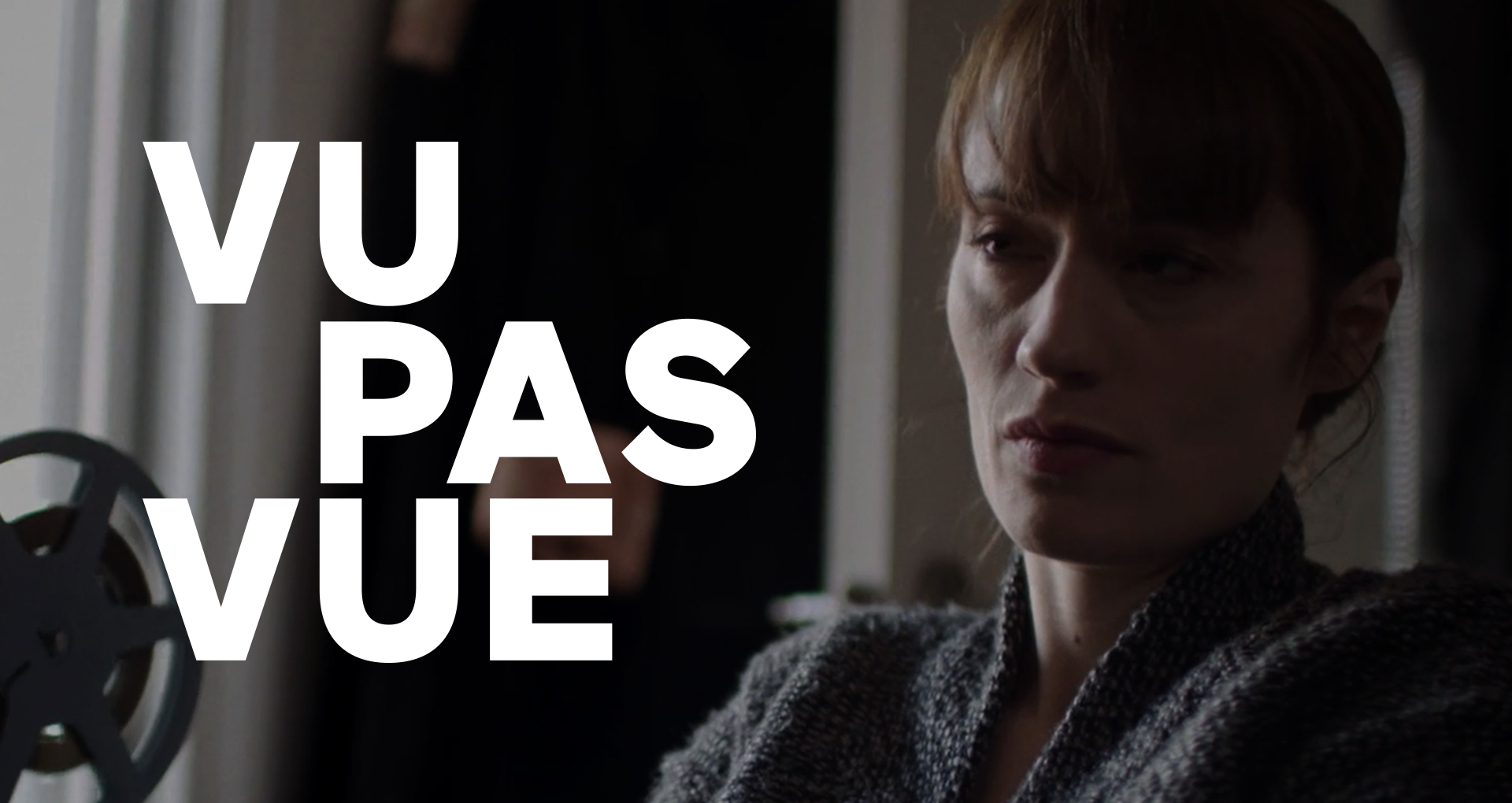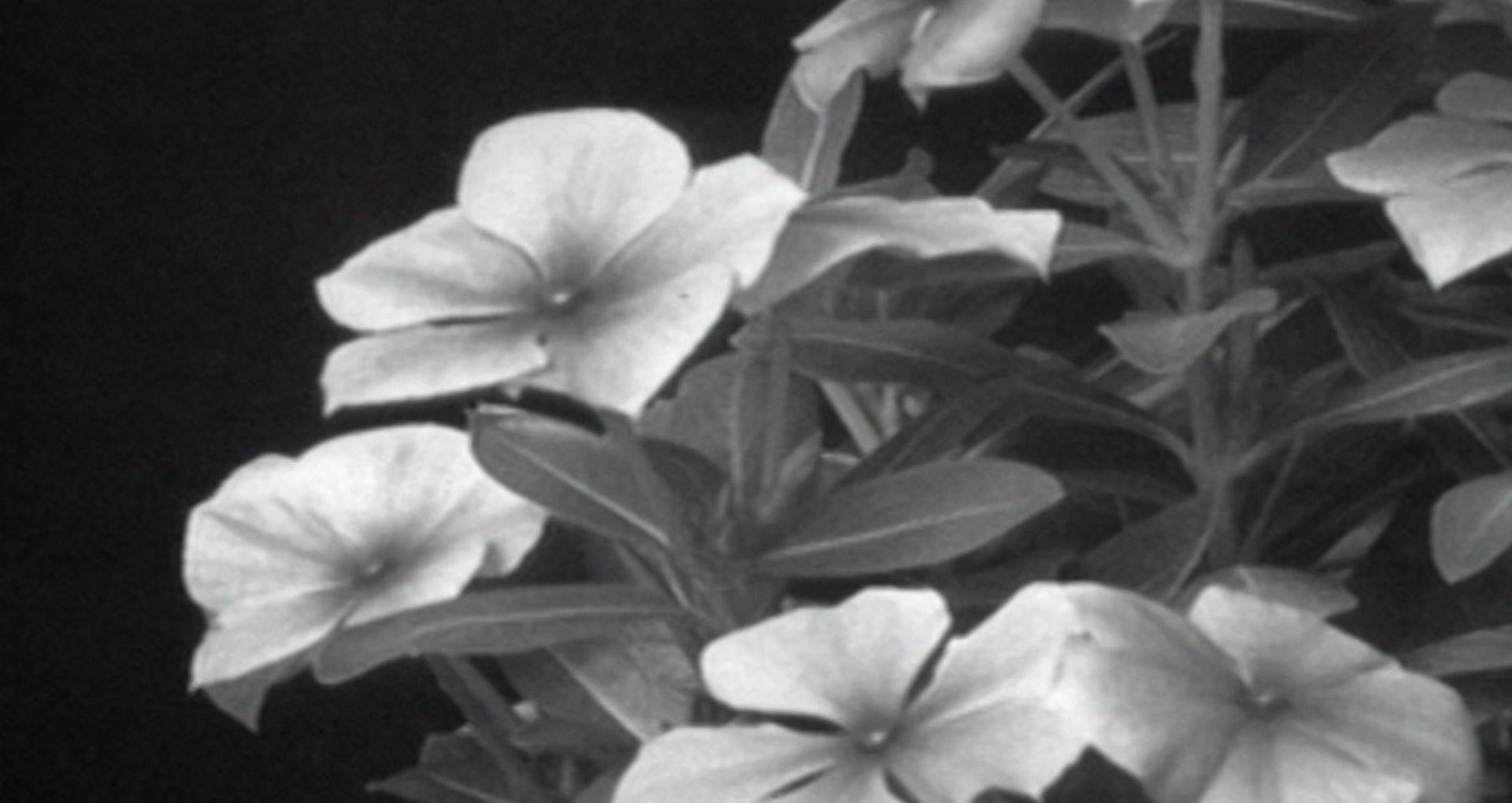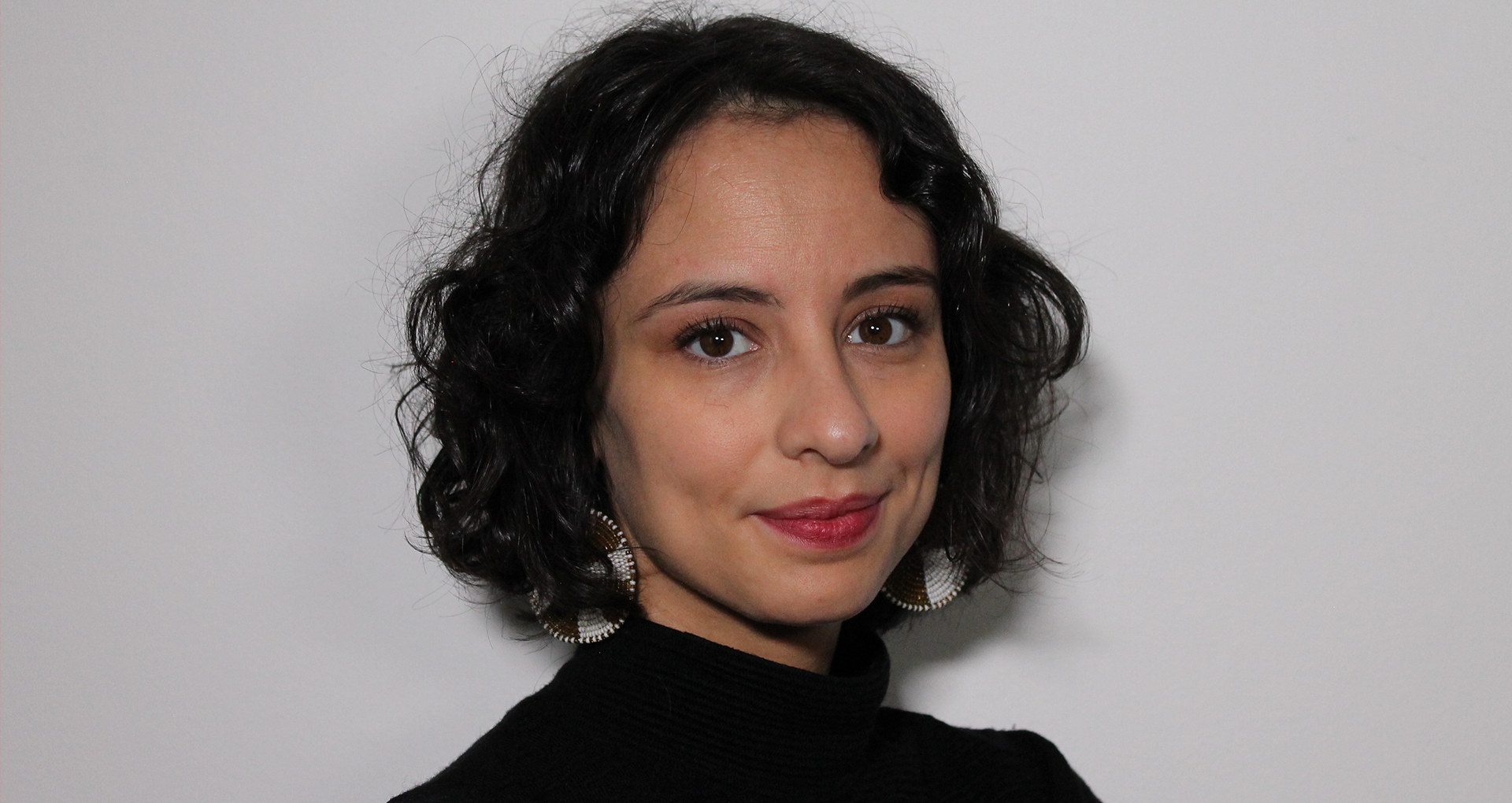
© Mireille Dansereau, UNDER THE GAZE, 2018
UNDER THE GAZE
by Mireille Dansereau
Coming to theather
Screening
World premiere of the latest film by Mireille Dansereau
Friday 11 January 2019
Vidéographe is pleased to announce the release of UNDER THE GAZE, the 28th film by Mireille Dansereau, a pioneer of Québécois filmmaking who gained widespread recognition for films such as La vie rêvée [Dreamlife] (1972) and Le sourd dans la ville [Deaf to the City] (1987).
UNDER THE GAZE will follow a screening of Dansereau’s first short film, Moi un jour (1967), which has been digitalized especially for the occasion by the Cinémathèque québécoise.
DISCUSSION – Monday, January 14 , 2019, exceptionnally screening at 5:30
Mireille Danserau will be accompanied by:
. Martine Delvaux, Novelist, essayist and professor at UQÀM
. Bénédicte Décary, actress
. Julie Ravary-Pilon, Postdoctoral studies at the Department of Literary Studies at UQÀM and at the Institute of Research and Feminist Studies (IREF)
SYNOPSIS
When a woman discovers that the film collection she has inherited from her father is a collection of pornographic films, she enters into a violent yet liberating contemplation about love, desire, the gaze and her relationship with her father. This hybrid film combines fiction, autobiography and experimentation.
Actors Bénédicte Décary, Gilles Renaud and Nathalie Coupal play the central roles, while Mireille Dansereau plays herself.
► Trailer
BIOGRAPHY
Mireille Dansereau (b.1943 in Montreal) is a producer, director and script-writer. Despite having worked in dance for 18 years, Dansereau turned to film after receiving her diploma from the Université de Montréal. In 1967, she produced her first film Moi un jour. She then furthered her studies and obtained an MFA at London’s Royal College of Art. While in England, she produced Compromise (1968). Her experiments with video began with the Challenge for Change program from the NFB, for which she produced Les immigrants (1981), and continued exploring this medium with Forum (1969). As an independant filmmaker, she helped to establish ACPAV, which produced her film La vie révée (1972), the first feature-length fictional film ever produced by a woman in Quebec. Among her other titles are J’me marie, j’me marie pas (1973), Rappelle-toi (1975), Familles et variations (1977), L’arrache-coeur (1979), Le sourd dans la ville (1987), Entre elle et moi (1992), Les seins dans la tête (1994), Duo pour une soliste (1997), Les cheveux en quatre (1997) and La vie d’abord (1999). The current thread throughout her work is the fight for women’s equality, on a social, emotional and phychological level. Her work is a reflection of her constant evolution as a feminist.
realisatrices-equitables.com/mireille-dansereau






